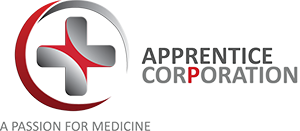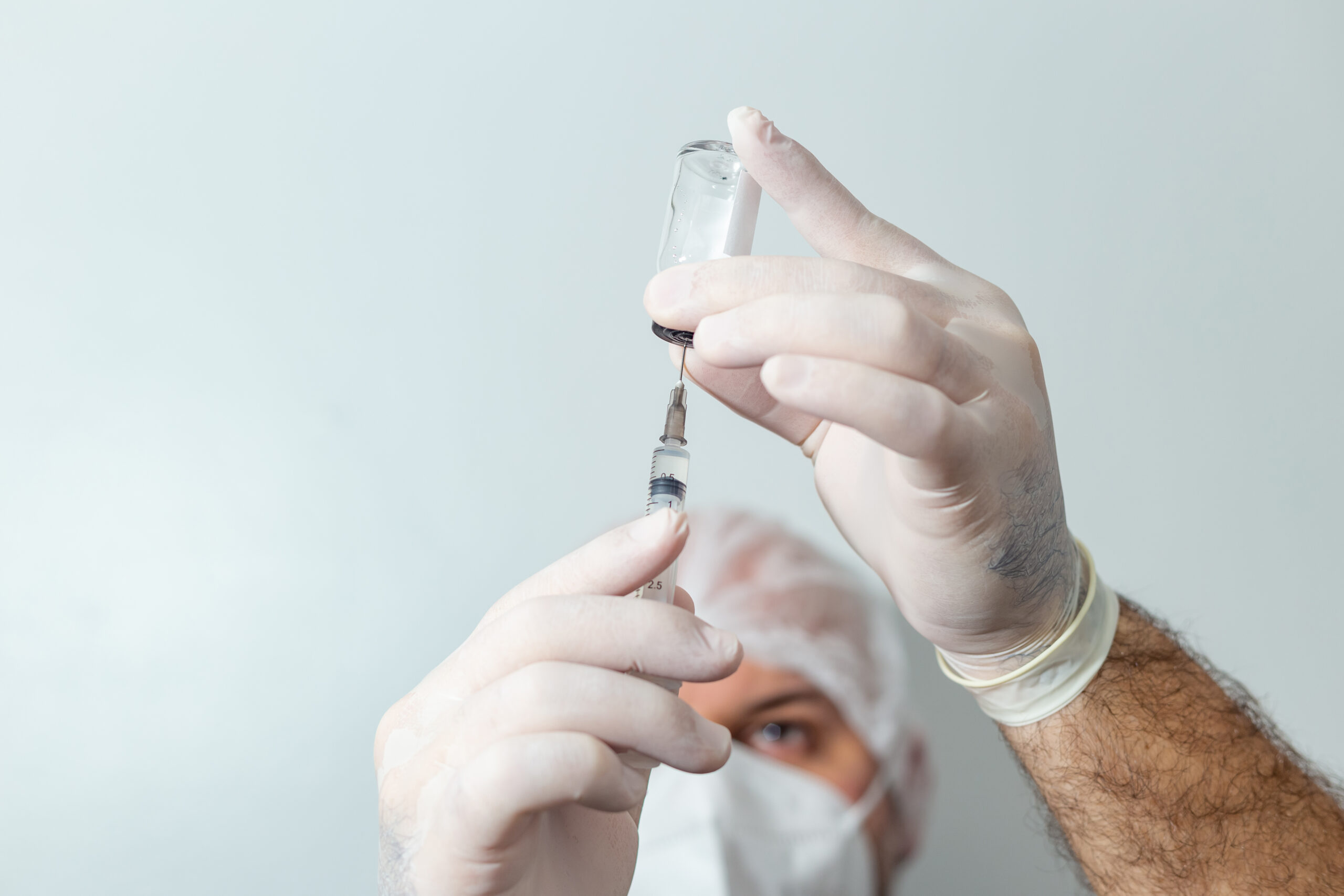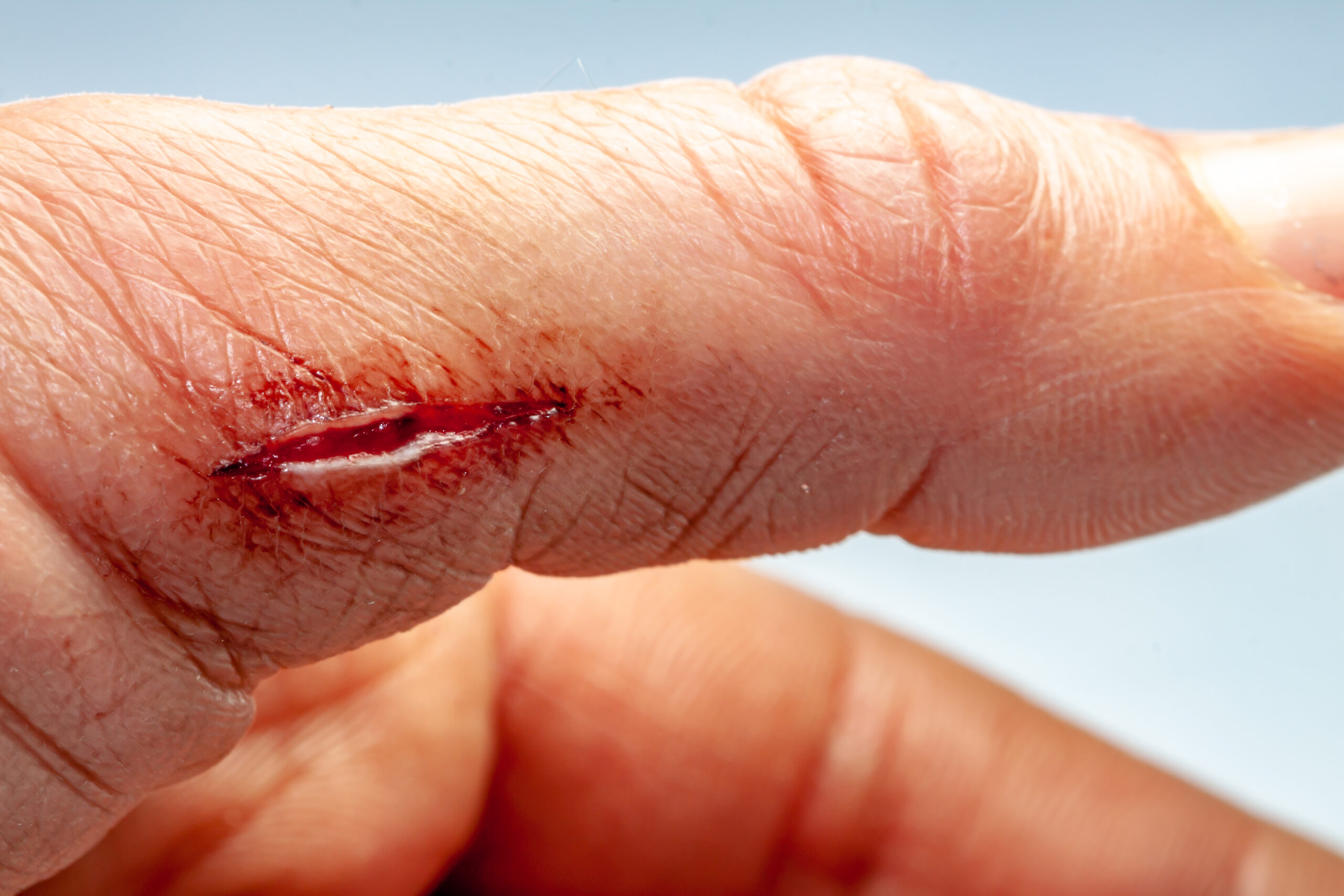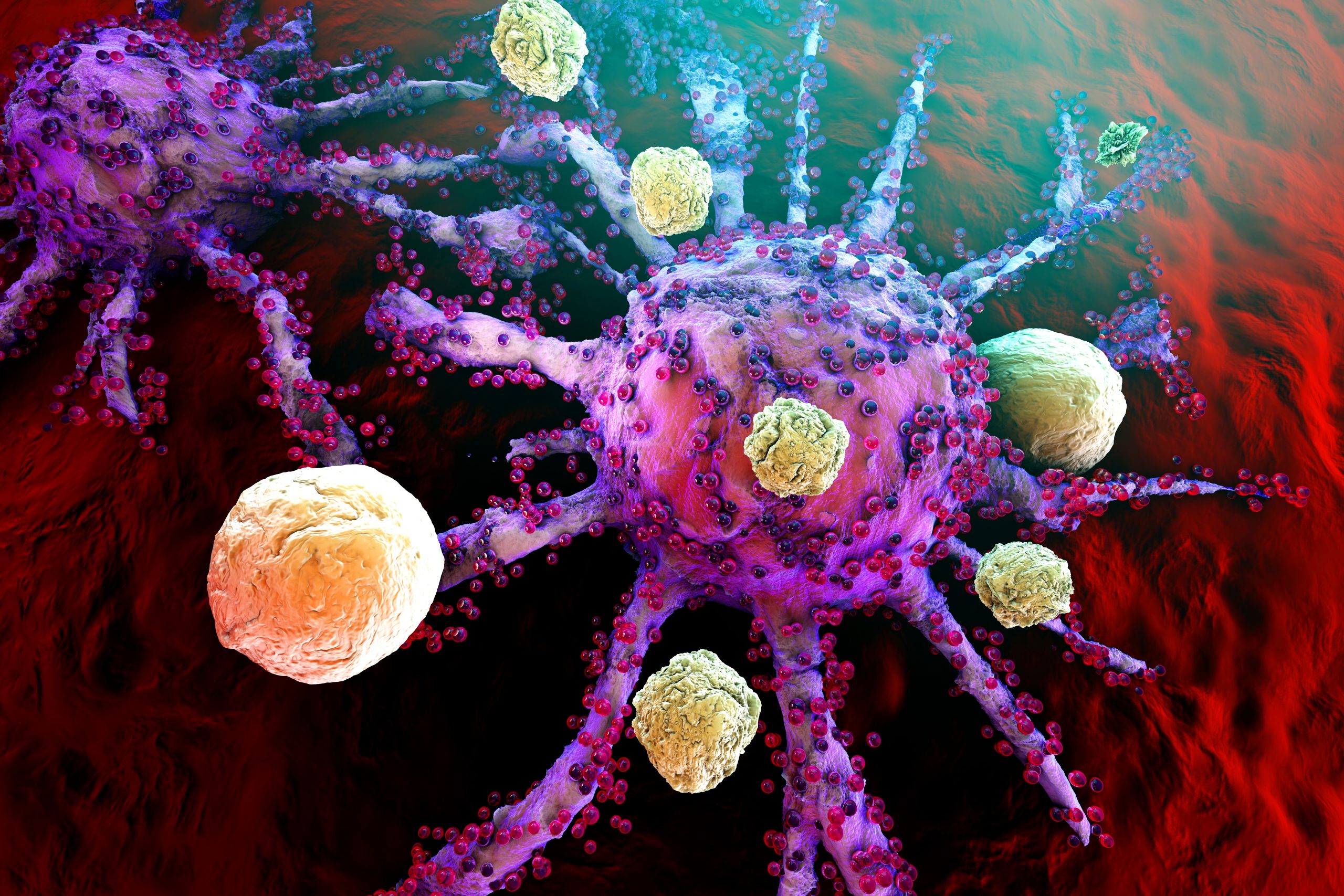
Lots of people dream of becoming a doctor. I think it has crossed the minds of nearly everyone at some point their lives. Kids are gifted with toy medical kits to nurture that kind of a dream. As kids grow, they may envision themselves running around in a lab coat, transplanting hearts, testing tumors, delivering babies, and being paged with emergencies.
If you are in high school, or even a young adult searching for a career, you may consider becoming a doctor for the first time; or you may rethink the dream you had in childhood. You have a better idea of what it means to be a doctor and may see yourself covered in blood, suturing wounds, and saving the life of an important ambassador. But more than a third of the population who consider this career find a reason, or an excuse, why medical school won’t work for them.
The reasons for denying yourself medical school are endless. Maybe you’re worried that you can’t fit it around a family. You might think you’re not smart enough. You may even wonder if you have the right kind of people skills. Whatever the reason, if it works, another potential doctor is lost to to the field. It could have been an individual able to ease extreme pain, restore functionality, heal souls and save lives.
What happens to the dream, then? It is forgotten under a pile of a person’s busy life. The spark is only remembered in the doctor’s office, or on the street when someone wearing scrubs walks down the block. That makes that long forgotten dream burn in the chest.
Even if medical school is not an option for you, your dream of being a healthcare professional needn’t die. That spark can be fanned into something real. There are plenty of other careers in the medical field.
If you originally wanted to be a surgeon but couldn’t follow through on that, you don’t have to be an idolized transplant physician to be involved in the OR. Maybe a surgical technologist is an acceptable substitute. You may not be idolized, but you can make a big difference in people’s lives. And, because you’ll interact more with patients, your people skills can make the career even more rewarding.
Life is filled with more than one dream. If your passion was to be a doctor but it didn’t pan out, shift that passion into all allied health. You will still help people return to the best quality of life possible.
What is allied health?
The field of allied health is a segment of healthcare that describes professionals who are not doctors, dentists or nurses. These individuals work to prevent, diagnose and treat a range of conditions and illnesses and often work within multidisciplinary health teams to provide optimal patient outcomes.
Some reasons why it may easily work for you:
- Many courses do not require an undergraduate degree.
- Tuition is affordable.
- Fewer years of training means you can start a job right away.
- A lot of programs have flexible hours.
- The Bureau of Labor Statistics continues to predict healthcare jobs are in demand.
- Not all states and positions require certification.
- Some programs don’t even require a high school diploma.
You’ve heard stories of people returning to school, or starting new careers in their 40s, 50s, and even 60s. They all say something to the effect that the time was going to pass anyway, so why not go for it? The same is true for you. You can start any of these careers at any time in your life.
There are dozens of careers in allied health. By exploring what’s available, you may find a career that is personally satisfying.
Some allied health careers of interest
- Phlebotomy Technician










